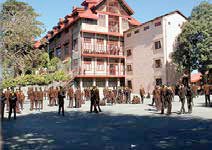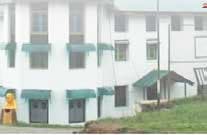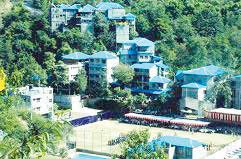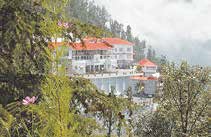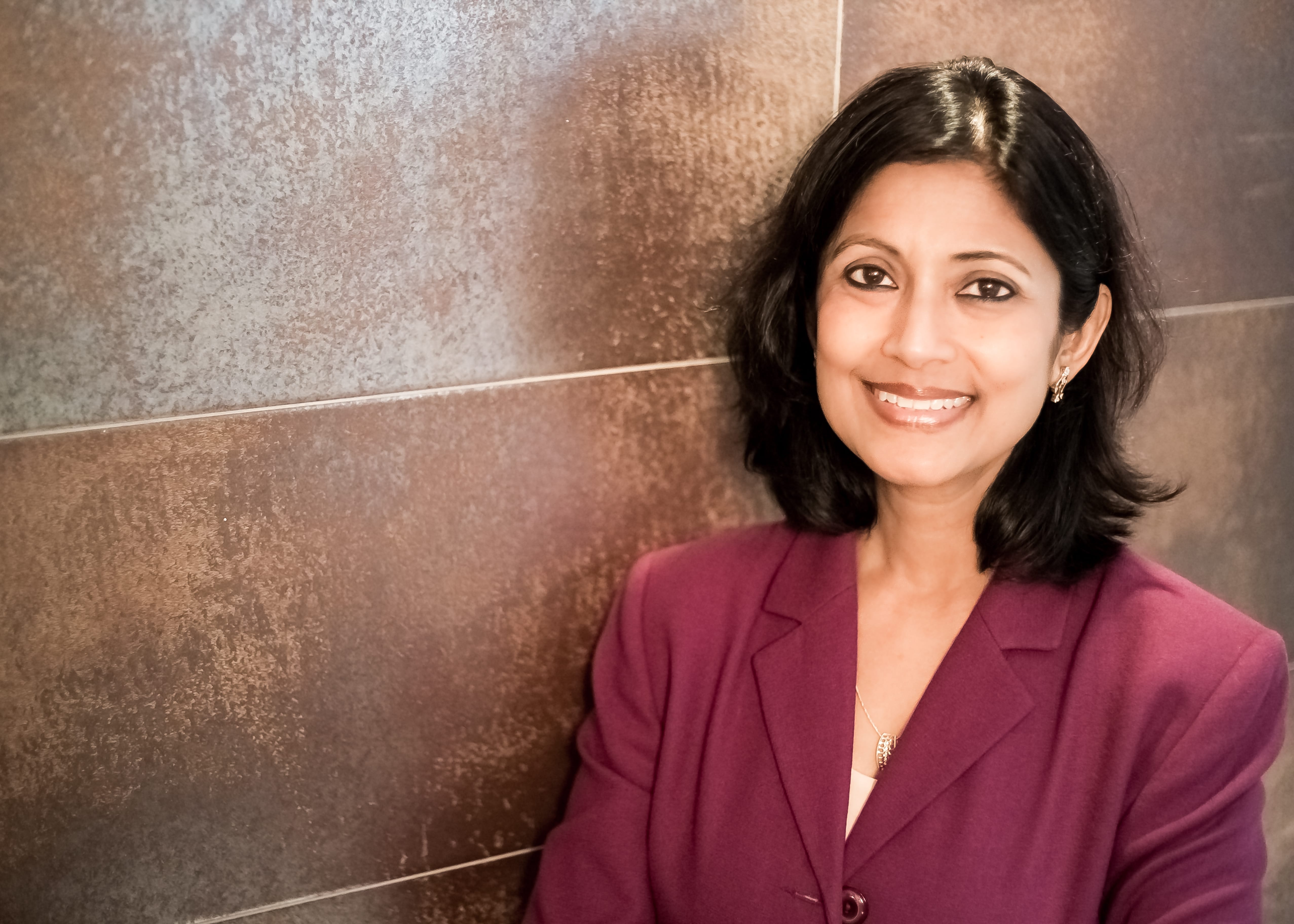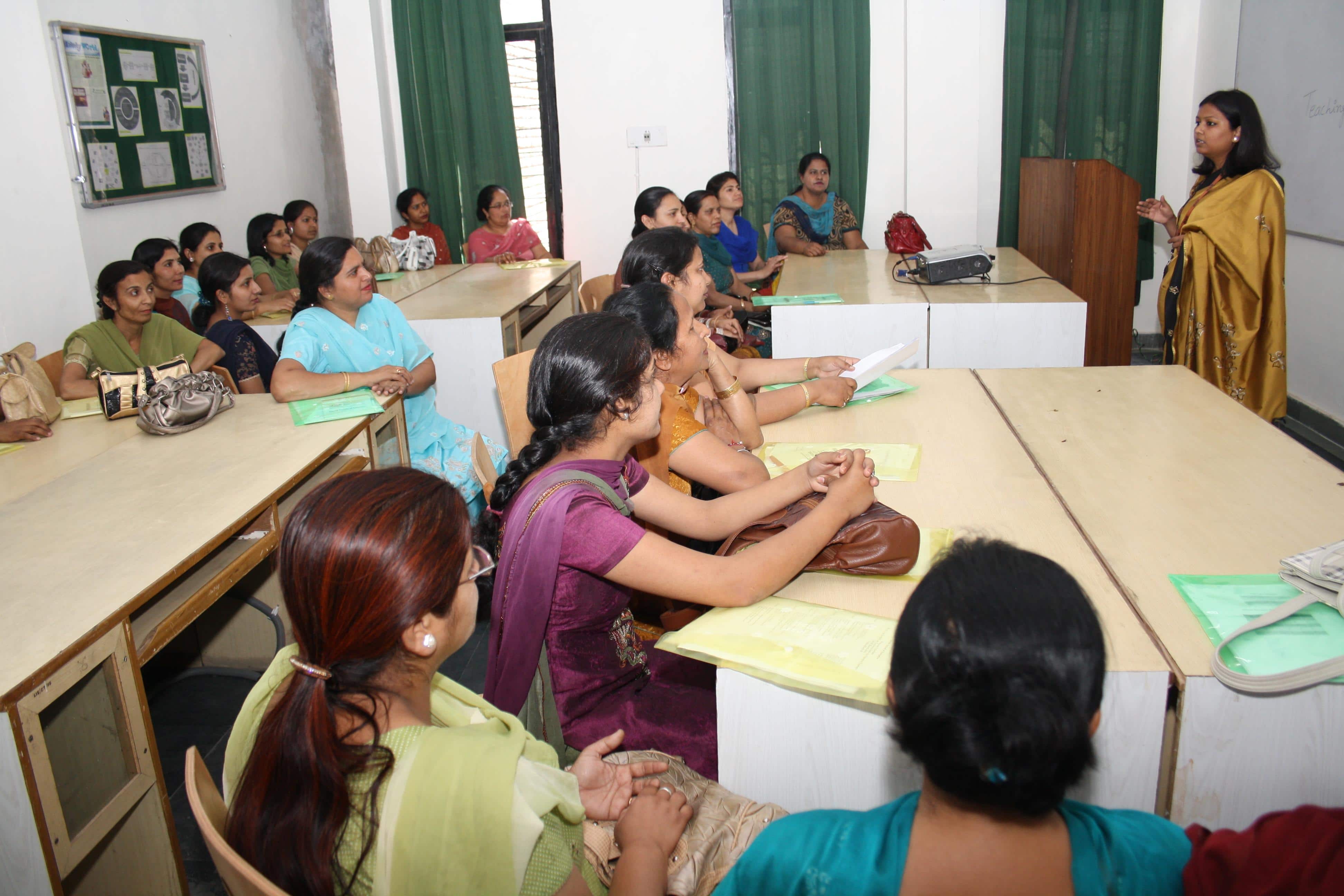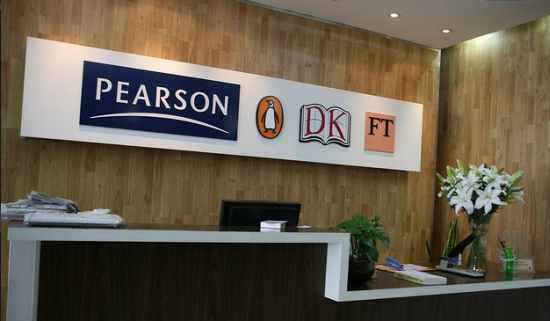There are millions of people whose lives are impacted positively by what we do and, in that sense, our work truly makes a difference and gives a sense of purpose to all of us, says Sarvesh Agrawal, Founder & CEO, Internshala, in conversation with Dipen Pradhan of Elets News Network (ENN).
Having started off from WordPress blog and evolving into a company that gets over 15,000 internship applications, how has been this journey?
I started Internshala as a blog focusing on internships in December 2010 along with my day job and once it became popular among students who were looking for internships and start-ups who were looking for interns, I left my job and started devoting full time to it.
For initial two years (till Dec 2012), I was operating out of a study room at my home in Gurgaon and had a team of virtual interns (hired through Internshala!) helping me with different aspects of the business.
Gradually, we built a team, moved out of my home to an office (and have outgrown 4 of them), turned the blog into a full-fledged platform and scaled up. Today, we are world’s largest internship platform with over 2.5 million candidates and 80,000+ organisations, and a 70-member team based out of Gurgaon. In 2013, we launched our online training platform, Internshala Trainings to help our users learn latest in-demand skills in an easy and affordable manner. And over last four years, Internshala Training has also witnessed rapid growth.
The journey has been challenging no doubt, but hugely satisfying. There are millions of people (students, graduates, mid-career professionals, women returning to work, academia, start-ups building their first teams and corporates) whose life is impacted positively by what we do and, in that sense, our work truly makes a difference and gives a sense of purpose to all of us.
‘Employability Quotient’ of students is much talked about. How do view it in India’s context? What challenges lie ahead for the country?
As per various reports, every year, 60 lakh students graduate from colleges across India but only 8% are employable. We see a similar trend when we analyse application data on Internshala. There are many internships and jobs but no suitable candidates. Hence, the problem of employability is a real (and a huge) problem and needs to be tackled immediately.
While the government and the academic bodies are working hard to solve these issues, there are no quick-fixes and we need to concentrate on solving these issues at the grassroots level. Lack of quality teachers and outdated and theory-heavy curriculum are just a few of the problems. Providing quality and affordable education at primary level and more emphasis on practicality at the higher levels of education can change the scenario. Integrating internships in the curriculum early on will certainly help students get early exposure to the industry and they would have more to prepare themselves as per the needs of the industry before they graduate. In that context, the HRD Ministry’s recent announcement making internships mandatory for college students is a welcome move.
“Very few colleges and universities in India allow students to pursue 6-month internship which is what most of the companies want and there are several colleges which have summer vacations lasting for as little as 15 days – no meaningful internship can take place for such a short duration.”
Is internship enough to bridge the widening skill gap between the education system and the needs of the economic sector? How is Internshala filling that gap?
India faces a major problem of skill gap and unemployability. I strongly believe that a combination of internships and trainings on in-demand skills will bridge the gap between the students and the organisations. Through training, the students will learn a new skill from scratch and the learning is highly practical. An internship, on the other hand, will help them gain hands-down practical experience in a real environment. Other than honing the technical skills in the domain, an internship also helps students acquire soft skills such as communication skills, time management, interpersonal skills etc.
At Internshala, we do both. We not only connect students with lakhs of internships across the country in every field but also equip them with skills needed for those internships via Internshala Trainings, our online training platform.
How can the universities suffice the demand of professional world to locate actually employable graduates? With the growing significance of Artificial Intelligence and Internet of Things like technologies how challenging is preparing such candidates?
Technology is evolving at a fast pace and we need to make sure that the universities keep their syllabus up-to-date. Apart from refreshing the syllabus, academic institutions can also partner with e-learning platforms to help their students equip with the latest technologies.
Apart from learning the theories, colleges should encourage the students to participate in hackathons, case-study challenges, codeathons, and other such exciting competitions while they work on live projects.
Students can learn the practical implementation of technologies like machine learning, IoT, and AI when they work on different projects. Constantly challenging the students and testing them on their practical skills on the latest technologies or new industry developments will be a great step on behalf of the colleges.
Another easy thing for universities to do would be to allow room for more and longer internships in their academic calendar. Very few colleges and universities in India allow students to pursue 6-month long internship which is what most of the companies want and there are several colleges which have summer vacations lasting for as little as 15 days – no meaningful internship can take place for such a short duration.
“We have also started concentrated efforts in smaller cities (and towns and villages subsequently) to take the message of meaningful internships and trainings to youth there as well.”
What are the challenges the organisation is confronting while selecting interns as per industry demand?
The most common challenge an organisation faces while hiring interns is finding the ‘right fit’, be it skill-wise or attitude-wise. The problem of lack of skills is well documented. Another added challenge which employers face is finding interns matching their location and timelines. Students in India usually opt for in-office internships during their summer and winter breaks and organisations with full-time openings find it difficult to hire interns during the rest of the months.
While hiring part-time or virtual interns solves this problem to a certain extent for some employers and is gaining momentum, making our college curriculum more flexible and internship-friendly where students can do longer internships and can take a semester or year gap would really help.
Shed light on the partnership of Internshala with the Government of India, including organisation’s recent revenue turnover and growth plans.
Internshala signed an MoU in 2017 with AICTE, the regulatory body governing technical education in the country. As the official internship partner for AICTE, we are helping students in 10,000 colleges across India get an internship of their dreams.
Apart from this, we have also partnered with NPTEL and state level skill development bodies like TASK (in Telangana), APSSDC (in Andhra Pradesh), and ICTAK (in Kerala). With 2.5 Mn+ registered students, Internshala is just getting started on our mission to equip each of the 30 Mn college students in India with practical knowledge and skills so that they can build their dream careers.
While we will continue to help students from cities and metros, we have also started concentrated efforts in smaller cities (and towns and villages subsequently) to take the message of meaningful internships and trainings to youth there as well. Historically, there is no dearth of talent in our Tier-2 or Tier-3 cities – we just need to bring awareness and opportunities to them if India were to reap true benefits of its demographic dividend.












